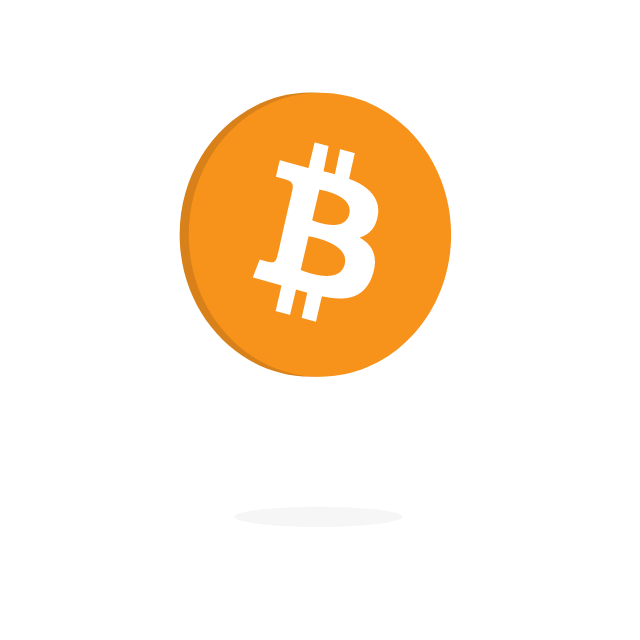What is Bitcoin?
 Bitcoin is a digital currency that has taken the world by storm. It was created in 2009 by an anonymous person or group of people known as Satoshi Nakamoto, and it allows for peer-to-peer transactions without the need for a central authority.
Bitcoin is a digital currency that has taken the world by storm. It was created in 2009 by an anonymous person or group of people known as Satoshi Nakamoto, and it allows for peer-to-peer transactions without the need for a central authority.
One of the most interesting aspects of bitcoin is its decentralization. It is not controlled by any government or financial institution, which means that it is not subject to the same regulations and restrictions as traditional currencies. This decentralization has made it popular among those who value privacy and independence.
Block 0—the very first Bitcoin block—was mined on January 3, 2009. This is also referred to as the “genesis block” and contains the text: “The Times 03/Jan/2009 Chancellor on brink of second bailout for banks,” which may serve as both relevant political commentary and as evidence that the block was mined on or after that date.
Another reason why bitcoin has gained so much traction is its potential as an investment. Its value has fluctuated greatly over the years, but it has consistently shown the ability to increase in value over time. Many people see it as a hedge against inflation and a way to diversify their investment portfolio.
An alternative to fiat currency
Nakamoto initially created bitcoin as an alternative to a conventional currency with the intention that it would one day be accepted as a form of payment for goods and services all around the world.
The price volatility of bitcoin has, however, partly limited its usefulness for payments. The term volatility is used to indicate how much an asset’s price fluctuates over time. Bitcoin is a less-than-ideal payment option because its price can vary significantly from day to day and even minute to minute. For instance, you wouldn’t want to spend Rs 50 for a cup of coffee that costs Rs 100 after 5 minutes. If the price of bitcoin rapidly declines after the coffee is paid for, that’s also bad news for businesses.
Bitcoin functions very differently from traditional money in several ways:
- It is neither issued nor regulated by a central bank
- it has a fixed quantity (which means additional bitcoins cannot be created at a whim), and
- its price is unpredictable
Understanding these variations is essential to comprehending bitcoin.
Usage of Bitcoin
Peer-to-peer payments were the original purpose of Bitcoin when it was created and distributed. However, as a result of its rising value and the competition from other blockchains and cryptocurrencies, its use cases are expanding.
1. Payment
A cryptocurrency wallet is required to use your Bitcoin. The private keys for your bitcoin are kept in wallets and are entered when you want to make a transaction. Numerous retailers, stores, and merchants accept bitcoin as payment for goods and services.
The phrase “Bitcoin Accepted Here” is typically displayed on signs outside of brick-and-mortar businesses that accept cryptocurrencies. Transactions can be completed using the necessary hardware terminal, wallet address, QR codes, or touchscreen apps. By including Bitcoin as a payment option alongside its other online payment choices, such as credit cards, PayPal, etc., an online business can quickly start accepting this currency.
In June 2021, El Salvador officially became the first country to accept bitcoin as legal money.
2. Speculating and Investing
As Bitcoin gained popularity, investors and speculators developed an interest in it. Bitcoin sales and purchases were made possible by the emergence of cryptocurrency exchanges between 2009 and 2017. Prices started to increase, and demand climbed gradually up until 2017 when it broke the $1,000 barrier. Many people started buying bitcoins to hold because they thought the price would keep rising. Short-term trading on bitcoin exchanges was introduced by traders, and the sector quickly expanded.
Conclusion
Although creating Bitcoin is a complicated process, buying it is much simpler. On cryptocurrency exchanges, buyers and sellers of Bitcoin can transact. Investors should carefully assess if Bitcoin is the proper investment for them before making any investment, especially one as young and erratic as Bitcoin.
Bitcoin is a revolutionary digital currency that has the potential to change the way we think about money and financial transactions. Its decentralization and investment potential make it an exciting development in the world of finance, and it will be interesting to see how it continues to evolve in the future.